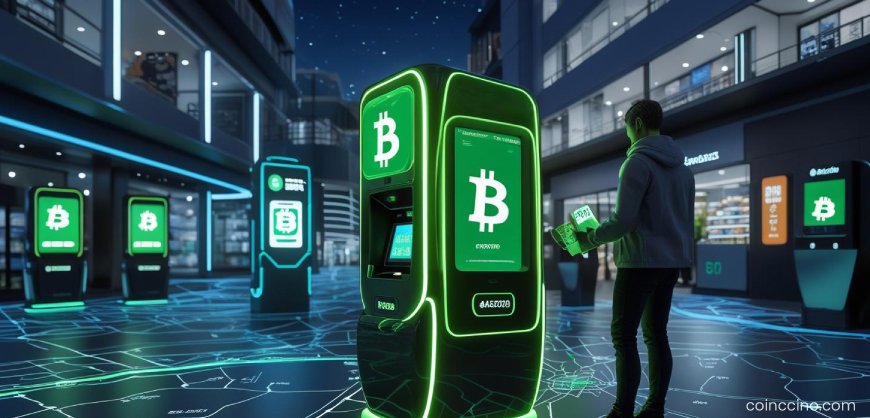Bitcoin ATMs Increasingly Exploited for Scams, Spurring Calls for Regulatory Oversight
Crypto-ATMs (Bitcoin / crypto kiosks) have emerged as a favored vehicle for fraudsters to target unsuspecting users. Regulators and consumer-protection advocates are warning that losses tied to ATM-based scams are rising sharply, prompting legislative proposals and city ordinances to curb their misuse.

Market Context
Crypto-ATMs (BTMs) offer cash-to-crypto functionality at convenience stores, gas stations, malls etc. Their ubiquity and perceived anonymity make them attractive to scammers who leverage social engineering to trick users into depositing cash that becomes irreversible once converted to crypto. As mainstream adoption of crypto grows, so does the opportunity for bad actors exploiting gaps in consumer knowledge and regulation.
Scam losses via crypto-ATMs are increasingly cited in U.S. legal / regulatory debates, and some municipalities have already moved to ban or regulate kiosks.
Technical Details with Attribution
- According to an ABC News report, crypto-ATM-related fraud cost U.S. victims nearly $250 million in 2024, more than double the prior year.
- In Massachusetts, law-enforcement and civic authorities are responding to cases in which individuals lost thousands of dollars via ATM scams; one town (South Hadley) has discussed banning crypto-ATMs or imposing stricter licensing & limits.
- In Michigan, specific local ordinances have been passed (e.g. Grosse Pointe Farms) requiring registration / licensing / transaction limits at crypto kiosks to reduce scam risk.
Analyst Perspectives
Some observers argue that because crypto-ATMs facilitate instant, irreversible transfers, they have become a natural “tool” for fraudsters targeting less tech-savvy users. In their view, stronger regulation—such as daily limits, mandatory disclosures, or licensing—is overdue.
However, others caution that overly rigid regulation could reduce access to legitimate services, particularly in underbanked areas where crypto-kiosks offer an alternative on-ramp. Policymakers will need to strike a balance between consumer protection and innovation / access.
Global Impact Note
While the trends are U.S.-focused, the challenge is relevant globally: many countries are adopting or planning crypto-ATM networks without fully addressing regulation or fraud risk. As losses mount, international coordination—or at least sharing of best practices—may be required to ensure users aren’t exploited by scams that exploit anonymity and speed of crypto.